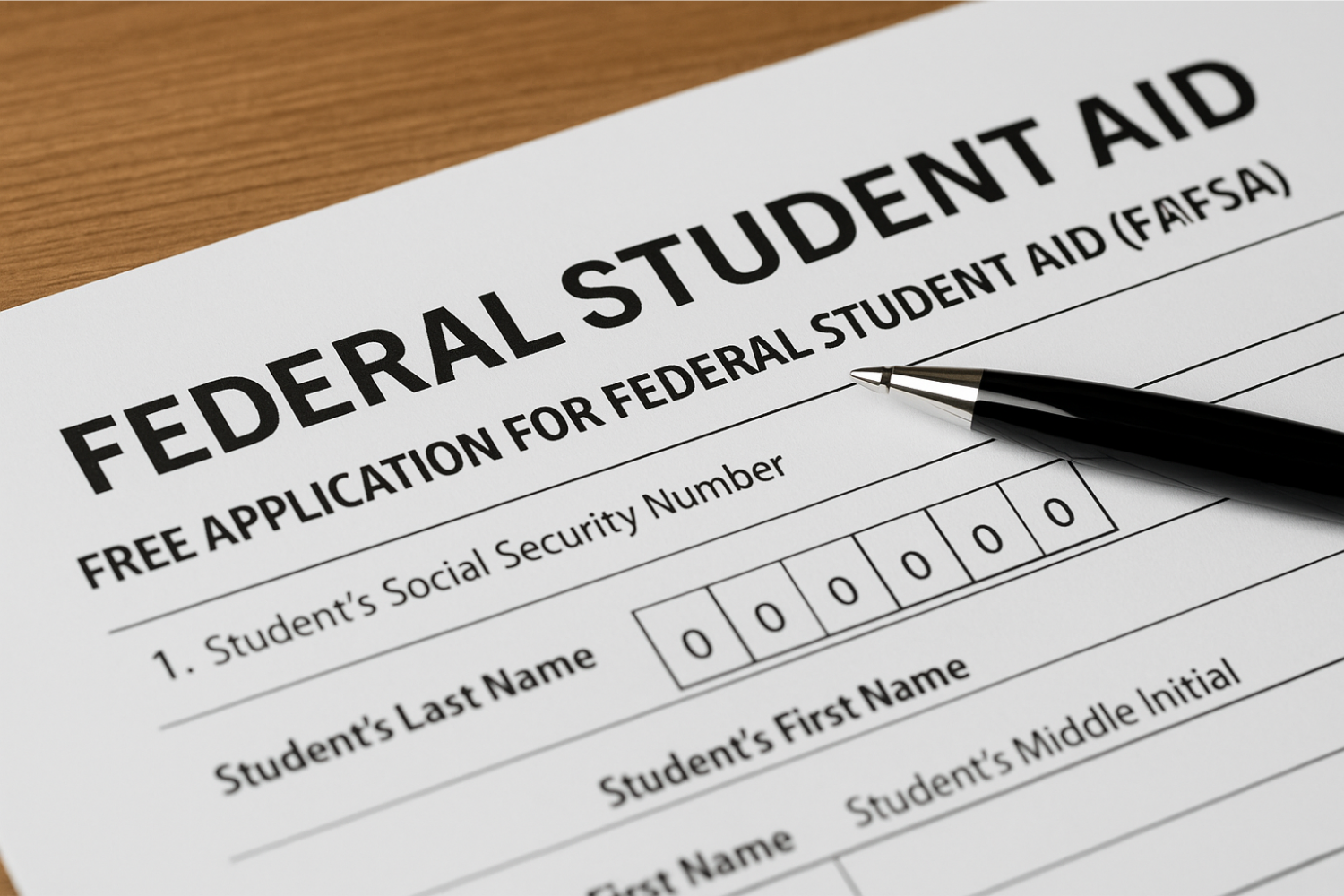Washington — The Trump administration is reviewing sweeping changes to the nation’s $1.6 trillion student loan system, including the potential sale of portions of the federal loan portfolio to private investors and major restructuring of repayment and forgiveness programs.
According to Reuters, administration officials from the U.S. Departments of Education and Treasury have discussed the possibility of transferring “high-performing” federal loans — those least likely to default — to private buyers. The move would reduce the government’s direct role in loan servicing but could also change how borrower protections are enforced.
The talks come as the Department of Education continues a formal “negotiated rulemaking” process to update student loan repayment structures under the One Big Beautiful Bill, legislation signed into law in July. The new rules are expected to consolidate repayment options, cap certain types of borrowing, and rework income-driven repayment programs to simplify how payments are calculated.
Administration officials have said the intent is to streamline a system long criticized as confusing and inconsistent. Still, financial aid experts warn that privatizing any portion of the federal portfolio could complicate oversight and make it harder for borrowers to access flexible repayment options or future forgiveness programs.
Earlier this month, the Department of Education resumed forgiveness for eligible borrowers under the Income-Based Repayment plan, following a temporary pause while new rules were reviewed. Borrowers who qualify for the relief have until October 21 to opt out if they prefer to continue making payments.
At the same time, the department has restarted collection activities on defaulted loans, ending pandemic-era forbearance policies that shielded borrowers from wage garnishments and tax refund offsets. More than five million accounts were referred back to collections beginning in May.
The administration is also preparing for the expiration of a temporary tax exemption on forgiven student debt at the end of 2025, a change that could leave some borrowers with unexpected federal tax bills on cancelled balances if Congress does not extend the relief.
While the timeline for further restructuring remains unclear, the Department of Education is expected to release a draft of new repayment regulations in early 2026 for public comment.
For now, borrowers are advised to continue monitoring official updates from the Education Department and Federal Student Aid offices rather than relying on third-party loan servicers for guidance.
